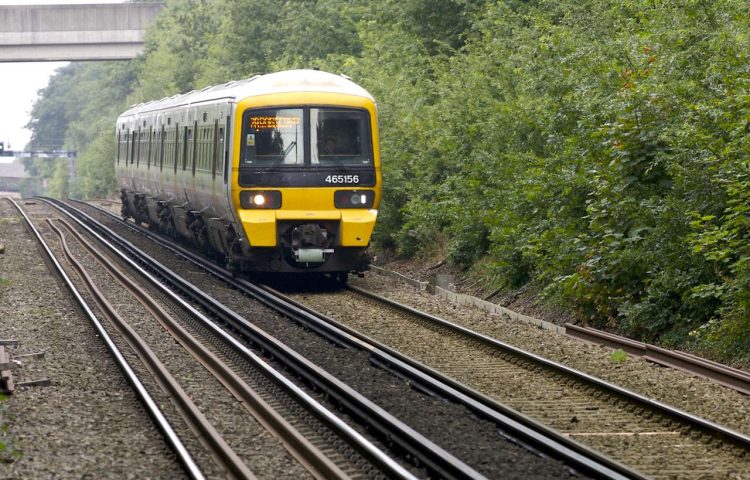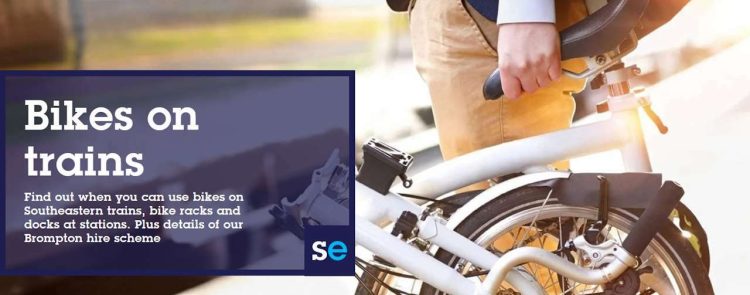Following the lead of other train operators, from 1st June passengers will be banned from carrying or using e-scooters anywhere on Southeastern’s network because of their fire risk.
Other train companies that are enforcing the ban on the same date include Southern, Thameslink, Gatwick Express, and South Western Railway.

A ban on e-scooters is already in place on London North Eastern Railway, Avanti West Coast, TransPennine Express, and Northern. There have been two notable incidents of privately owned e-scooters catching fire on the TfL network, consequently, Transport for London has also banned the carrying of e-scooters anywhere on its network..
The reason for the ban is that batteries on e-scooters are close to the ground and susceptible to damage from knocks, bumps and scrapes, which could result in a fire Currently, many e-scooters can be purchased online and the manufacture of e-scooter batteries is unregulated.
To ensure battery safety, the quality of their manufacture is paramount. Although the recognised market leaders in electronic consumables manufacture battery cells of the highest quality, they are usually only found in the battery packs of higher-end scooters. As many privately owned e-scooters are from the cheaper end of the market, they often have battery packs that are of questionable quality.
Customers can find more information about bringing bikes on trains on the Southeastern website at
https://www.southeasternrailway.co.uk/travel-information/on-board/cycles

Steve Lewis. Head of Safety and Environment at Southeastern, said: “As a proudly all-electric railway we’re very supportive of green travel at Southeastern. And although the likelihood of a fire incident is low, the risk of fire from e-scooters is much higher than other modes of transport, because of their design.
“Because it’s impossible for our colleagues at stations and onboard our trains to check whether an e-scooter is safe or not, we have to think of everyone’s safety, and so we can’t allow them on our trains. It’s just not a risk we’re prepared to take.
“What’s more, privately owned e-scooters aren’t currently legal for use on UK highways, so we’d encourage our customers to make use of the secure Cycle Hubs and facilities at our stations, with more being installed to help encourage our customers to make even greener journeys”.
Jane Lupson, SWR’s Head of Safety, said: “Reports of incidents involving e-scooters catching fire on National Rail services or infrastructure are increasing and the potential risk that they pose is not acceptable to our customers and colleagues.
“After some consideration, and in line with other partners in the rail industry, we will be banning e-scooters on our trains and at our stations from Thursday 1 June.
“We understand that these devices are popular, but the safety of our customers and staff is our number one priority, so until greater regulation and testing can be brought in to ensure the safety of those travelling on trains, e-scooters will remain banned.”





Responses
I totally agree. The person who decided to invent them may have thought we have e-cars why not an e-scooter, even though scooters are illegal to use anywhere apart from private land.
Good because E-Scooters are dangerous and should not be used on public transport including on trains, tubes and buses. Why would someone invent E-Scooters in the first place.